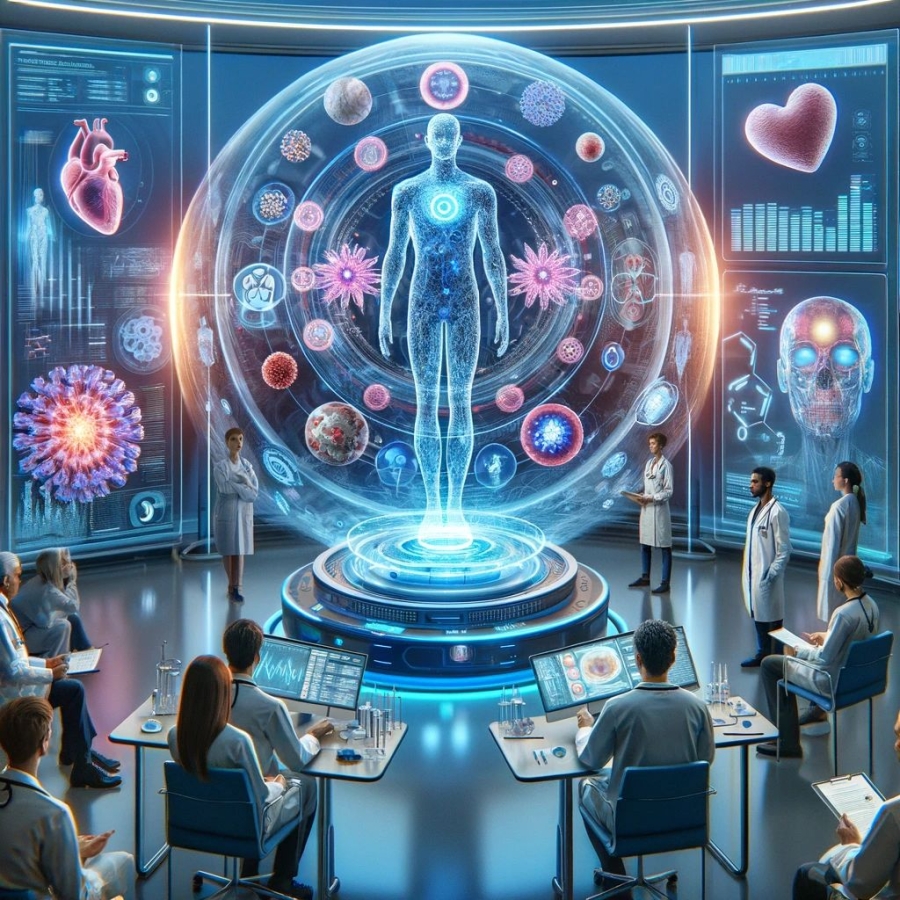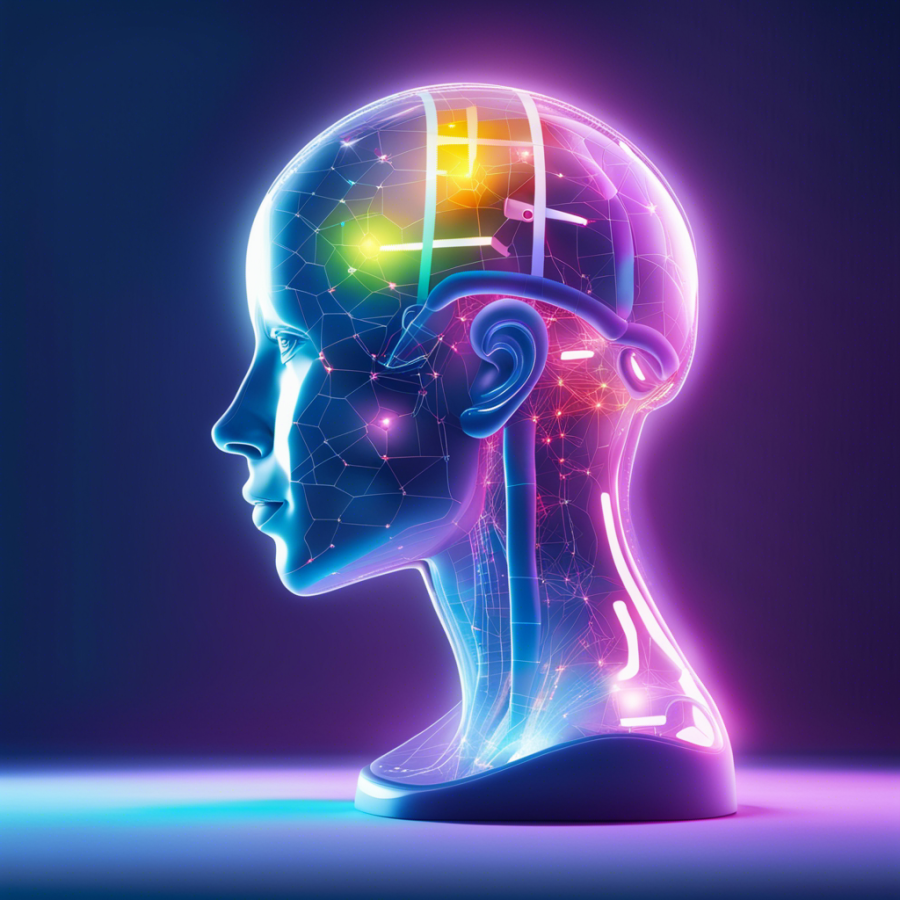Unveiling the Potential of Generative AI in Transforming Healthcare
Introduction:
The medical industry stands on the cusp of a revolution, courtesy of the advancements in artificial intelligence (AI), particularly in the realm of generative AI. This innovative technology is not just a buzzword; it's a beacon of hope, promising to enhance the capabilities of doctors, nurses, and hospital staff, thereby improving patient outcomes and streamlining healthcare services. In this post, we will explore the multifaceted benefits of generative AI and its practical applications in the medical field.
Understanding Generative AI:
Generative AI refers to a subset of artificial intelligence technologies that can generate new content, from written text to images and beyond. It learns from vast datasets and can produce original outputs that mimic the input data. This capability is particularly beneficial in the medical industry, where personalized and precise information is crucial.
Benefits of Generative AI in Healthcare:
-
Personalized Patient Care: Generative AI can analyze patient data to create personalized treatment plans. By considering a patient's medical history, genetics, and lifestyle, AI can assist doctors in crafting highly tailored therapies, increasing the effectiveness of treatments.
-
Medical Imaging and Analysis: AI algorithms can generate accurate models of patient anatomy, helping in the diagnosis and treatment planning for various conditions. These models can be used to simulate surgeries, predict outcomes, and even guide surgeons in real-time during procedures.
-
Drug Development: The drug discovery process can be expedited with generative AI, which can predict the effectiveness of new compounds, reducing the time and cost associated with bringing new medications to market.
-
Training and Simulation: Generative AI can create realistic medical scenarios for training medical staff, enhancing their skills without the risk of practicing on real patients.
-
Administrative Efficiency: By automating paperwork, scheduling, and patient follow-ups, generative AI can free up time for medical staff to focus on patient care.
Use Cases of Generative AI in the Medical Industry:
-
Virtual Health Assistants: Doctors and nurses can use AI-powered virtual assistants to stay on top of patient care. These assistants can provide reminders for medication, track patient symptoms, and even answer common health-related questions, reducing the workload on human staff.
-
Predictive Analytics for Patient Monitoring: Generative AI can predict potential complications by continuously analyzing patient data. This allows for preemptive care, potentially saving lives by alerting staff to issues before they become critical.
-
Customized Prosthetics and Implants: Using generative AI, medical professionals can design and manufacture prosthetics and implants that are customized to the individual's anatomy, leading to better fit and comfort.
-
Enhanced Research Capabilities: Researchers can utilize generative AI to analyze medical literature and data more efficiently, staying up-to-date with the latest findings and integrating them into clinical practice.
-
Automated Radiology Reports: AI can generate preliminary radiology reports by analyzing images, allowing radiologists to focus on complex cases and reducing the time patients wait for results.
Summary :
Generative AI is not just a technological marvel; it's a tool that, when wielded with expertise, can significantly enhance the quality and efficiency of healthcare. For doctors, nurses, and hospital staff, the adoption of this technology means better patient care, optimized workflows, and a new frontier of medical possibilities. As we continue to embrace the digital age, generative AI stands as a testament to the incredible potential of human ingenuity to improve lives through innovation in healthcare.







